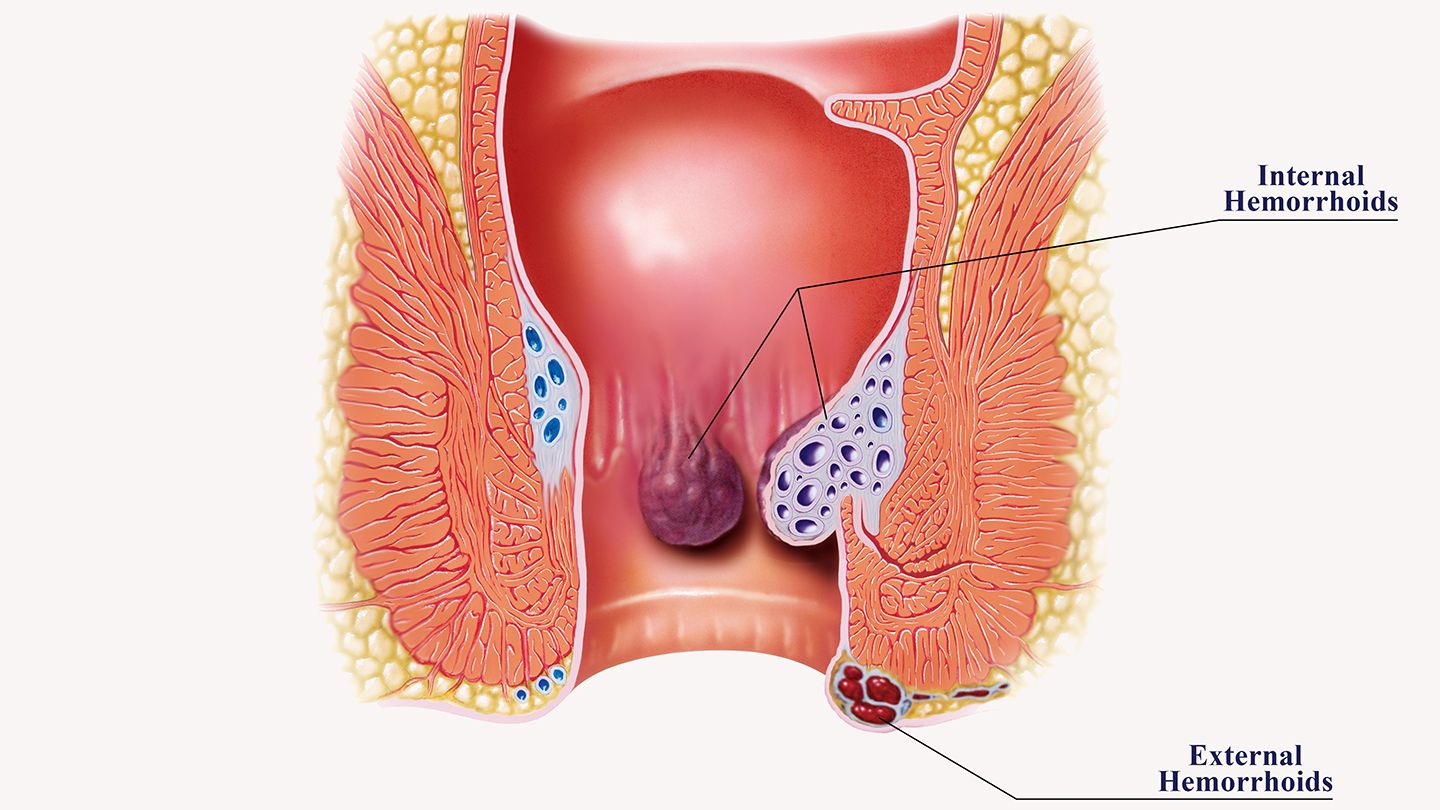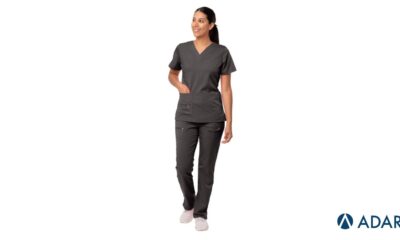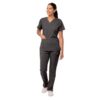Hemorrhoids, commonly referred to as piles, are a common condition that can cause discomfort, pain, and itching. While typically harmless, they can disrupt daily activities, making symptom management essential. Fortunately, many effective home remedies can ease discomfort and help prevent future flare-ups. In this article, we’ll explore some of the most effective ways to treat hemorrhoids at home.
What Are Hemorrhoids?
Hemorrhoids are swollen blood vessels in the rectum or anus that can lead to discomfort, itching, and even bleeding during bowel movements. They are often caused by straining during bowel movements, chronic constipation, or prolonged sitting on the toilet. Pregnant women and individuals who frequently lift heavy objects are also more prone to developing hemorrhoids.
Top Home Remedies for Hemorrhoids
Several at-home treatments focus on easing symptoms and preventing further irritation. Below are the most effective home remedies for managing hemorrhoid discomfort:
- Warm Sitz Baths
Soaking in a warm sitz bath for 15-20 minutes helps soothe irritated skin and reduces swelling. A sitz bath device, which fits over your toilet, can be a convenient option, or you can use a shallow bath. For best results:
• Soak two or three times a day, especially after bowel movements.
• Use unscented soap to avoid irritation.
• Gently pat the area dry afterward or use a cool hairdryer for comfort.
- Over-the-Counter Hemorrhoid Creams
Topical creams containing lidocaine or witch hazel can provide immediate relief from pain and itching. While over-the-counter treatments are generally safe, avoid using hydrocortisone creams for more than a week unless directed by a healthcare provider.
- Cold Compresses and Ice Packs
Applying a cold compress or an ice pack to the affected area for 10-15 minutes several times a day can significantly reduce swelling and provide pain relief. Always wrap the ice pack in a cloth to prevent direct skin contact, which can cause damage.
- Pain Relief with OTC Medications
Over-the-counter pain relievers such as acetaminophen, ibuprofen, or aspirin can be effective for reducing pain. In addition, using stool softeners or fiber supplements like psyllium (Metamucil) or methylcellulose (Citrucel) can help prevent straining during bowel movements.
- Lifestyle Modifications
Making adjustments to your daily habits can help prevent hemorrhoids from recurring or worsening. Consider the following tips:
• Increase Fiber Intake: Consume a high-fiber diet with fruits, vegetables, and whole grains to soften stools and ease bowel movements.
• Stay Hydrated: Drink plenty of water to help maintain soft stools and reduce the risk of constipation.
• Exercise Regularly: Physical activity, such as walking, promotes healthy digestion and regular bowel movements.
• Limit Toilet Time: Avoid sitting on the toilet for prolonged periods to reduce pressure on rectal veins. If nothing happens after a few minutes, try again later.
Healthy Bathroom Habits for Hemorrhoid Prevention
Developing good bathroom habits is essential for preventing hemorrhoids. Here are some helpful tips:
• Don’t delay: Respond to bowel urges immediately. Holding it in can lead to harder stools and increased straining.
• Use a Squatting Position: Elevating your feet on a small stool while sitting on the toilet can make bowel movements easier.
• Avoid Straining: Relax during bowel movements, take your time, and avoid prolonged sitting.
What Not to Do with Hemorrhoids
Certain behaviors can worsen hemorrhoids or increase irritation. Avoid the following:
• Don’t Scratch: Scratching can damage the skin and make itching worse.
• Avoid Prolonged Sitting: If your job requires long hours of sitting, make sure to stand and move around every hour.
• Don’t Lift Heavy Objects: Lifting heavy items can add pressure to the veins in your rectum, exacerbating hemorrhoid symptoms.
When to See a Doctor
While most hemorrhoids improve within a week, medical attention may be necessary if symptoms persist or worsen. Seek professional help if you experience prolonged pain, excessive bleeding, or if symptoms do not improve with home treatments.
Hemorrhoid FAQs
Do hemorrhoids go away on their own?
Yes, hemorrhoids often resolve on their own within a week. However, at-home treatments like sitz baths, creams, and cold compresses can ease symptoms and accelerate recovery.
Can hemorrhoids return?
Yes, hemorrhoids can reoccur, especially if lifestyle factors such as poor diet, lack of exercise, or chronic constipation are not addressed.
What foods should I eat to prevent hemorrhoids?
A diet rich in fiber—such as fruits, vegetables, and whole grains—can help prevent constipation, a leading cause of hemorrhoids.
Key Takeaways
Hemorrhoids usually go away on their own, but home treatments like applying ice packs or using topical creams can provide significant relief. Additionally, making lifestyle changes such as increasing fiber intake, staying hydrated, and exercising regularly can promote bowel regularity and help prevent future occurrences. If symptoms persist for more than a week or worsen, it’s important to consult a healthcare professional for further evaluation.




































